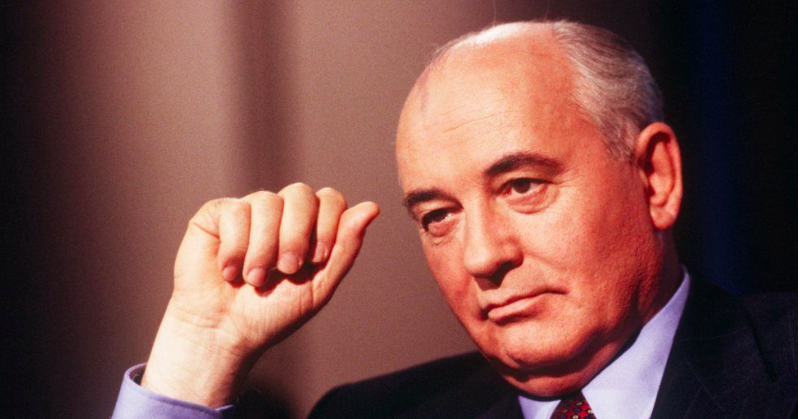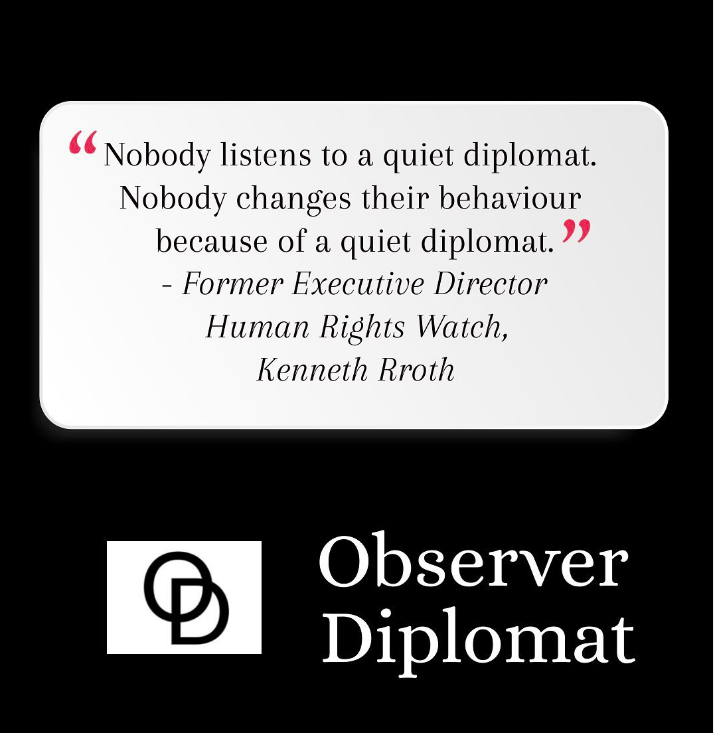Mr Gorbachev took power in 1985 and introduced reforms, as well as opening up the Soviet Union to the world.
But he was unable to prevent the slow collapse of the union, and many Russians blamed him for the years of turmoil that ensued.
Outside Russia, he was widely respected, with the UN chief saying he had “changed the course of history”.
“Mikhail Gorbachev was a one-of-a kind statesman,” UN Secretary General Antonio Guterres said. “The world has lost a towering global leader, committed multilateralist, and tireless advocate for peace.”
President Vladimir Putin sent his “deepest condolences”, describing how Mr Gorbachev had had “a huge impact in the course of history”.
“He deeply understood that reforms were necessary, he strove to offer his own solutions to urgent problems,” the Russian leader said.
US President Joe Biden called him a “rare leader” and praised Mr Gorbachev as a unique politician who had the “imagination to see that a different future was possible” amid the tensions of the Cold War.
Internationally he reached arms control deals with the US, refused to intervene when eastern European nations rose up against their Communist rulers, and ended the bloody Soviet war in Afghanistan that had raged since 1979.
Meanwhile, his policy of glasnost, or openness, allowed people to criticise the government in a way which had been previously unthinkable.















